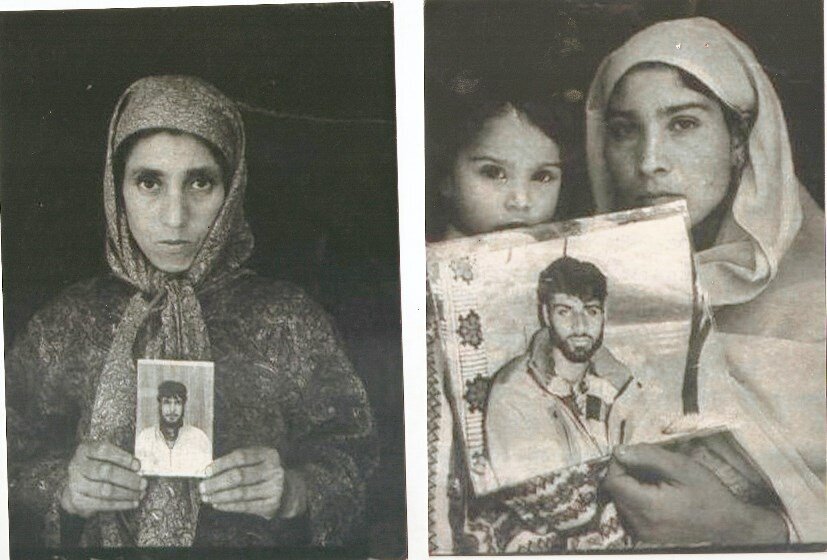
Right-wing authoritarianism in South Asia.
Issue 2. Jan 2019
In this issue, we highlight our recent publications on right-wing authoritarianism in South Asia. Whether it’s the rise of Hindutva in India, the consolidation of one-party “democracy” in Bangladesh, or the systematic marginalization of Tamils and Muslims in Sri Lanka, we see a common thread across South Asia: the reassertion of authoritarian rule and with it, an active stifling of dissent. We need to examine the conditions that produce and strengthen this kind of politics, prevalent as it is across South Asia today. This selection of publications is a step in that direction.
Independent filmmaker Iffat Fatima takes Jamhoor through her experience of making her recent documentary on the narratives of families impacted by state violence and enforced disappearances in Kashmir.
Acclaimed poet, playwright, satirist, and public intellectual Salman Haider presents his most incisive works on the casualties of war, nationalism, and other forms of state violence.
Jamhoor interviewed the President of the Revolutionary Student-Youth Movement (RSYM), Atif Anik, about his thoughts on the recent transport strike, RSYM’s work, and the character of fascism in South Asia today.
Saptarshi Nath captures students taking to the streets for road safety in Mirpur, Dhaka.
With a politicized Barelvism leading the recent protests against Aasia Bibi’s acquittal, has the Pakistani state’s romance with Barelvism, the supposedly soft and Sufi Islam, backfired?
Uncritically celebrating the repeal of Section 377 (India’s anti-sodomy law) as a milestone of decolonization obscures the complicity and exclusion inherent to the nation-state.
Renowned documentary filmmaker Sanjay Kak on the recent crackdown of activists in India, the #MeTooUrbanNaxal campaign, and alternative filmmaking in Modi’s India.







